 35 East 10th Street #2E (Compass)
35 East 10th Street #2E (Compass)
If you're part of what economist Richard Florida describes as the "creative class," there is a high likelihood that you don't have a 9-5 job or the paperwork that comes with such positions (i.e., pay stubs and an employment letter). When it comes to renting or buying, this can pose additional challenges. Although gig work is often more lucrative than salaried work in today's economy, convincing local landlords, management companies, and lenders that a TikTok channel is a reliable source of income can be difficult (as some influencers have seen firsthand).
This article explains how to close deals as a renter or buyer, even if you don't have an old-fashioned salaried job. It also looks at listings to appeal to the creative class, including the former homes of artists, dancers, and performers.
This article explains how to close deals as a renter or buyer, even if you don't have an old-fashioned salaried job. It also looks at listings to appeal to the creative class, including the former homes of artists, dancers, and performers.
In this article:
Renting in New York City as a Creative
As a rule, to rent anything in New York City, you’ll need to make at least 40 times the monthly rent. So, for example, if you want to rent an affordable uptown one-bedroom for $2,000 monthly, you'll need to prove that you make at least $80,000 annually. If you don't have pay stubs or W-2s, you can use recent tax returns. However, bear in mind that most landlords and management companies will want to see several years of signed tax returns, especially if your income fluctuates from year-to-year and even month-to-month.Fortunately, if you're an influencer, actor, circus performer, designer, or any other type of creative entrepreneur, there are several workarounds you can use to rent apartments in New York City, even if you can't provide pay stubs, W-2s, or an employment letter.
- Option 1: If you're cash-rich but don't have substantial evidence that you're receiving a regular income, some landlords and management companies will rent to you if you agree to put down a larger security deposit (e.g., to put up to six months of rent in an Escrow). Although technically illegal (a 2019 amendment to the existing state housing law clearly states that "No deposit or advance shall exceed the amount of one month's rent"), the practice hasn't disappeared.
- Option 2: Another common workaround is to use a third-party guarantor. If you can't rely on family or friends (e.g., they must make 80 to 100 times the monthly rent and/or live in a certain area to qualify), another option is to contract with a lease-guarantor company such as Rhino or Insurent.
- Option 3: A final option and local secret for creatives is to join the Listings Project. Founded in 2003, the Listings Project caters exclusively to creatives seeking to rent or lease apartments and studios. Since the service was launched by and for local creatives, many owners who rent on the platform are more flexible about vetting credit-worthy future tenants.
Whatever option you ultimately pursue, you'll need to get your paperwork together. Providing bank statements, tax returns, and any other proof of income, including a year-to-date profit-and-loss statement prepared by a certified accountant, will help win over any landlord or management company considering your application.

Buying in New York City as a Creative
If you're a creative entrepreneur looking to buy an apartment in New York City, also be prepared to face additional obstacles.First, if you can't buy an apartment outright, you'll need to convince a lender that you're credit-worthy. Since underwriters are still generally harder on contract-based workers, be prepared to provide additional paperwork. This will likely include tax returns for the past three to five years, bank statements showing you have a steady stream of income, and a year-to-date profit-and-loss statement prepared by a certified accountant. Given lenders' notorious suspicion of contract-based workers, giggers, and artists, also give yourself ample time to get approval for a mortgage.
Second, unless you're buying a single-family home, you'll also need to persuade a condo or coop board that you're a great potential tenant. Depending on the building, this may or may not prove difficult. Since many coops were founded by creatives, especially in neighborhoods that have long attracted artists (e.g., the East Village), your status as a creative may work to your advantage. If you're looking to settle down in a doorman building in a more conservative neighborhood, however, you may find board members less amendable. Once again, get all your financial paperwork in order and be prepared for the board to engage in a thorough investigation of your finances. But persuading the board that you're credit-worthy is only the first step.
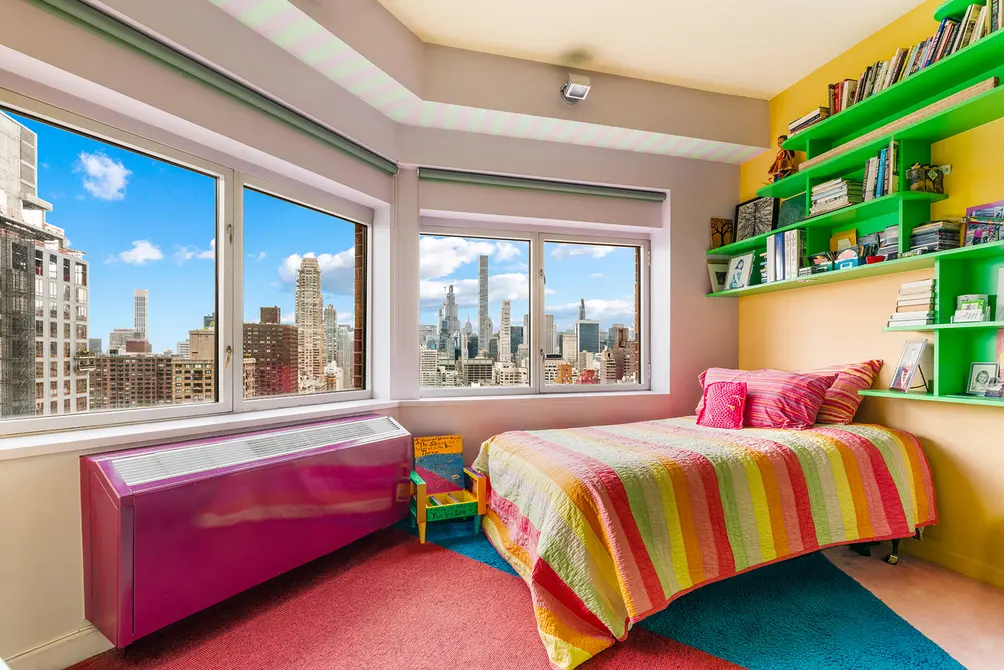
In addition to convincing the condo or coop board that you'll be able to pay your fees on a regular schedule, you'll also need to convince them that you'll be a decent neighbor. Don't assume that celebrity will win you any favors – in recent years, Madonna has garnered more attention for her disputes with a coop board than for her music. In 2014, prestigious cooperative Harperley Hall changed its residency rules, making it impossible for Madonna to leave her teen children and staff in her unit while she was not present. In 2016, the pop star filed a complaint, alleging she was being penalized for going on tour.
In 2018, Madonna's complaints were thrown out of court by a judge (perhaps, due to the fact that she happened to own three connected Georgian townhouses on the other side of Central Park). But the travel schedules of creatives aren't the only thing that boards scrutinize. If you're an opera singer, drummer, or tap dancer, also expect the board to drill down on when and where you'll be rehearsing.
In 2018, Madonna's complaints were thrown out of court by a judge (perhaps, due to the fact that she happened to own three connected Georgian townhouses on the other side of Central Park). But the travel schedules of creatives aren't the only thing that boards scrutinize. If you're an opera singer, drummer, or tap dancer, also expect the board to drill down on when and where you'll be rehearsing.
The best way to mitigate challenges when seeking board approval is to ask your agent for advice on how to present yourself to the board and then dress and act the part. Soliciting recommendation letters from colleagues, friends, and current neighbors who can vouch for your good nature is another excellent strategy to win over skeptical board members.
Unconventional apartments for sale in NYC
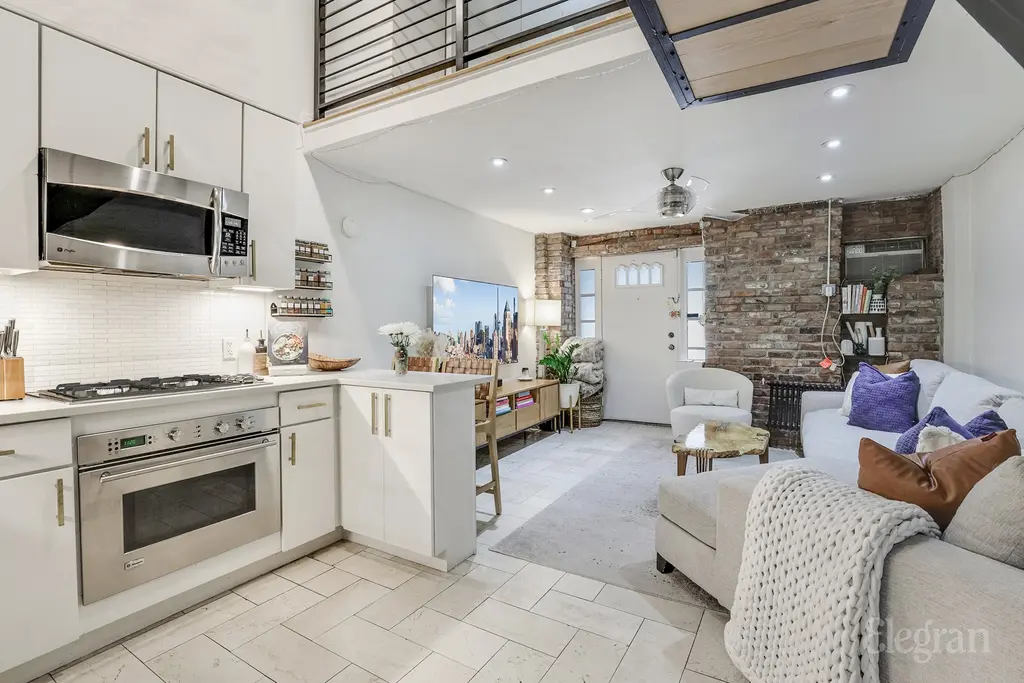
The Penny Lane, #114 (Elegran LLC)
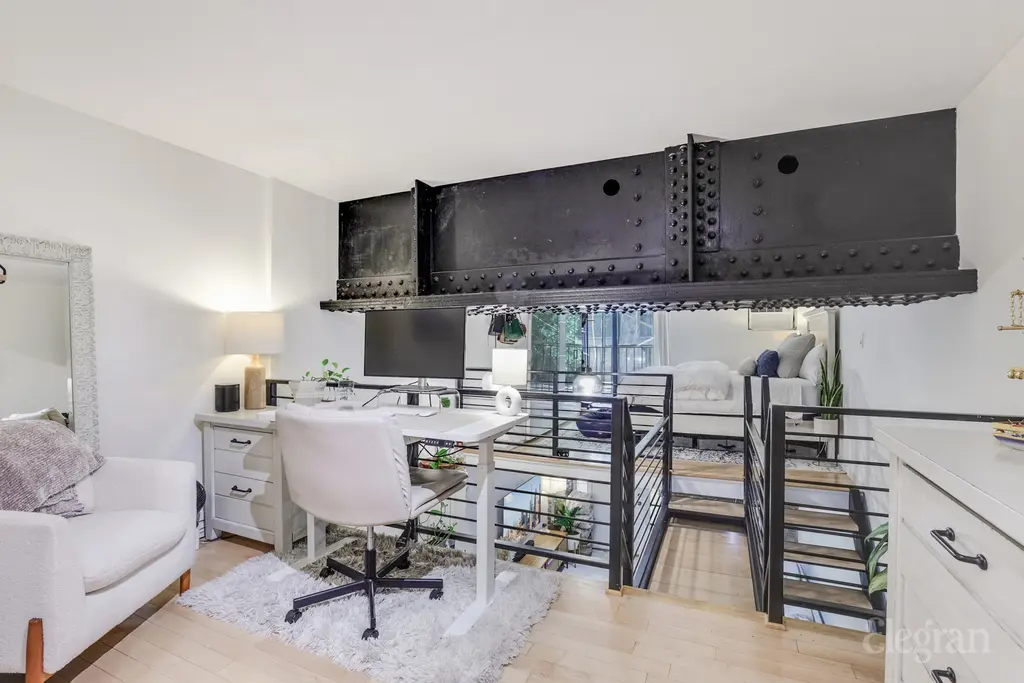
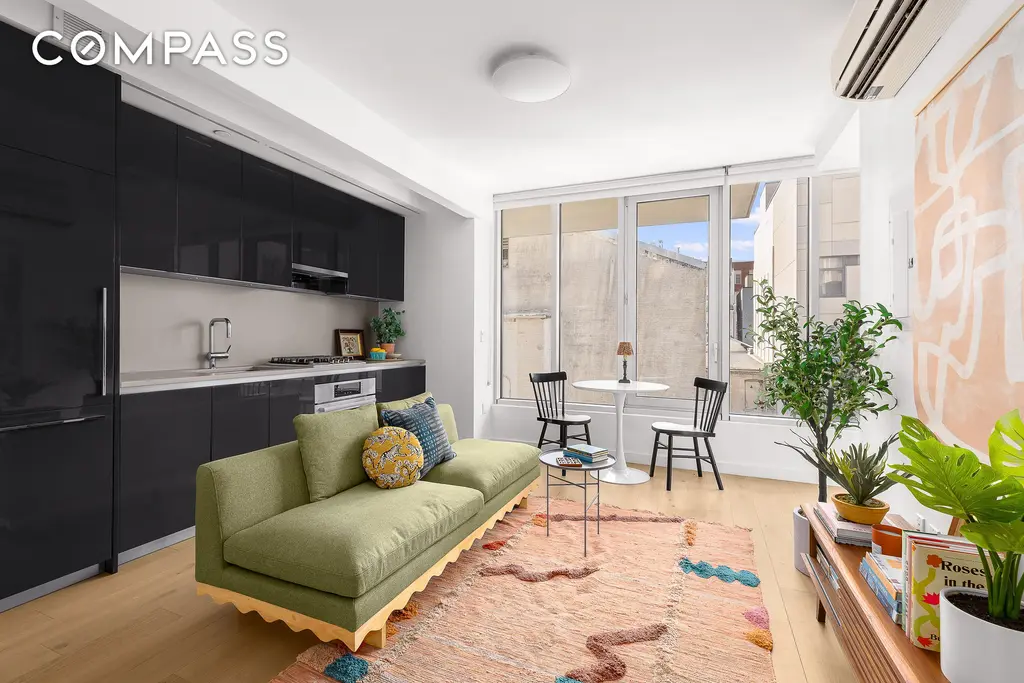
190 South 1st Street, #4B (Compass)
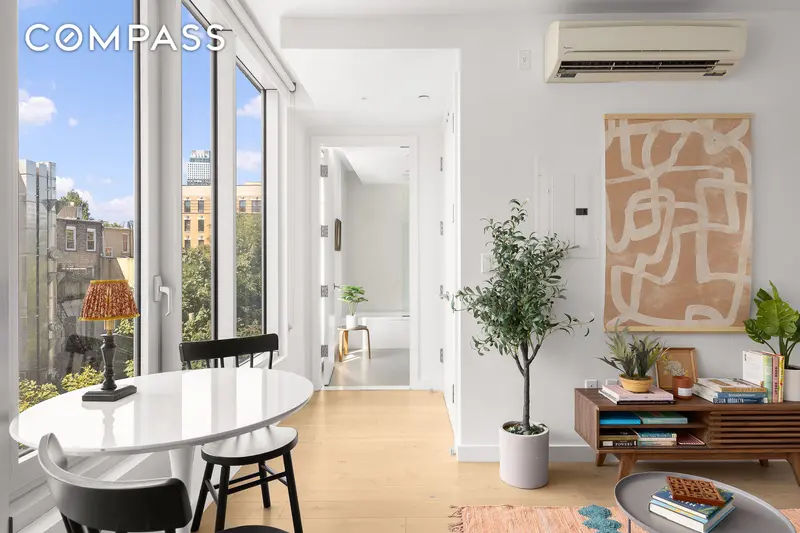

184 Clinton Avenue, #2B (Compass)


Villa Charlotte Bronte, #F1 (Robert E Hill Inc)
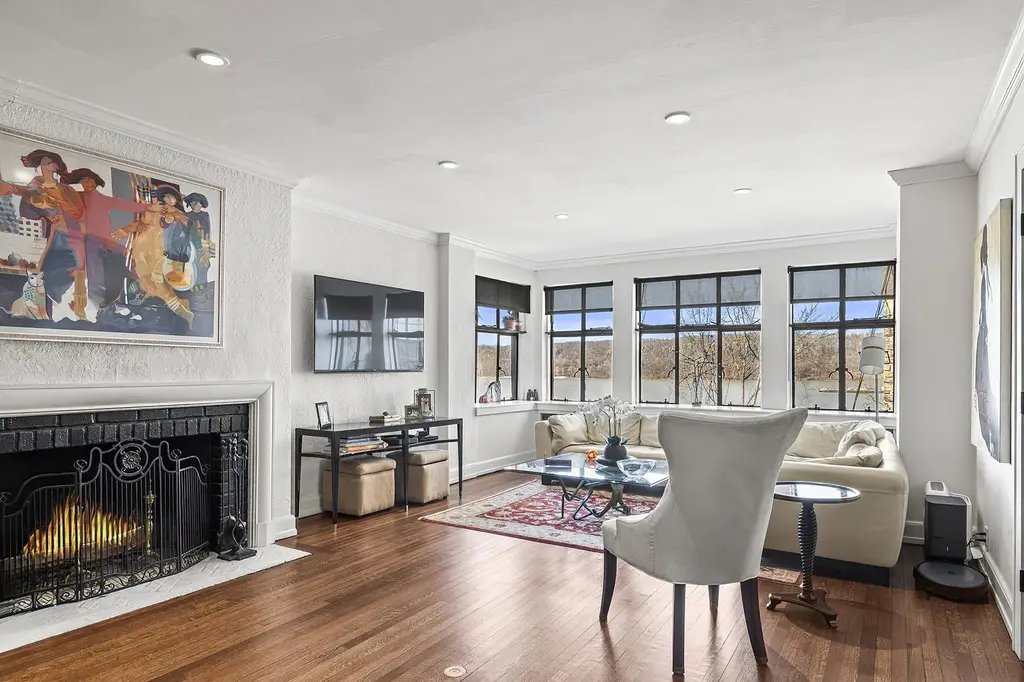
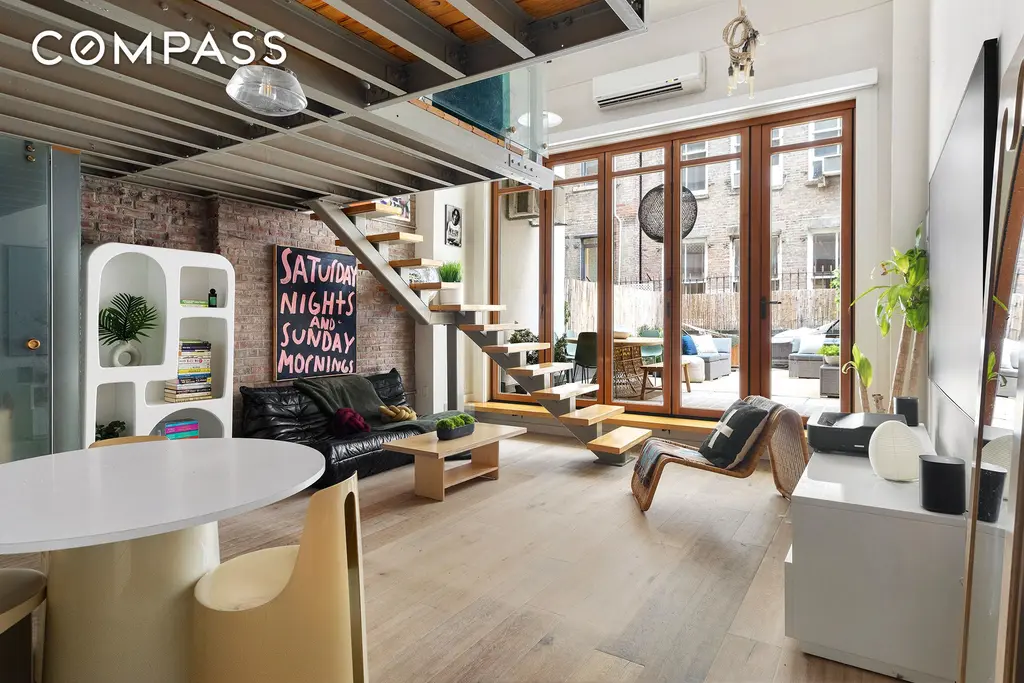
35 East 10th Street, #2E (Compass)
Would you like to tour any of these properties?
Just complete the info below.
Or call us at (212) 755-5544

Oosten, #502 (Compass)
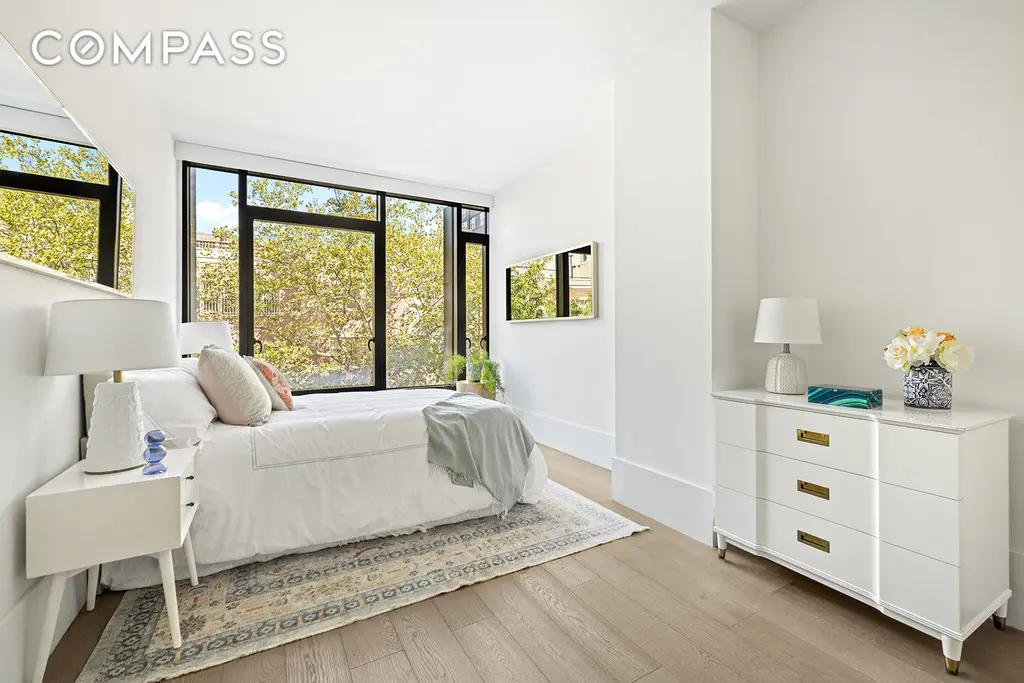

The Red Hook Lofts, #3B2 (Barnes New York)

The Williamsburg Firehouse Lofts, #C2
$1,500,000
Williamsburg | Condominium | 1 Bedroom, 2 Baths | 1,911 ft2
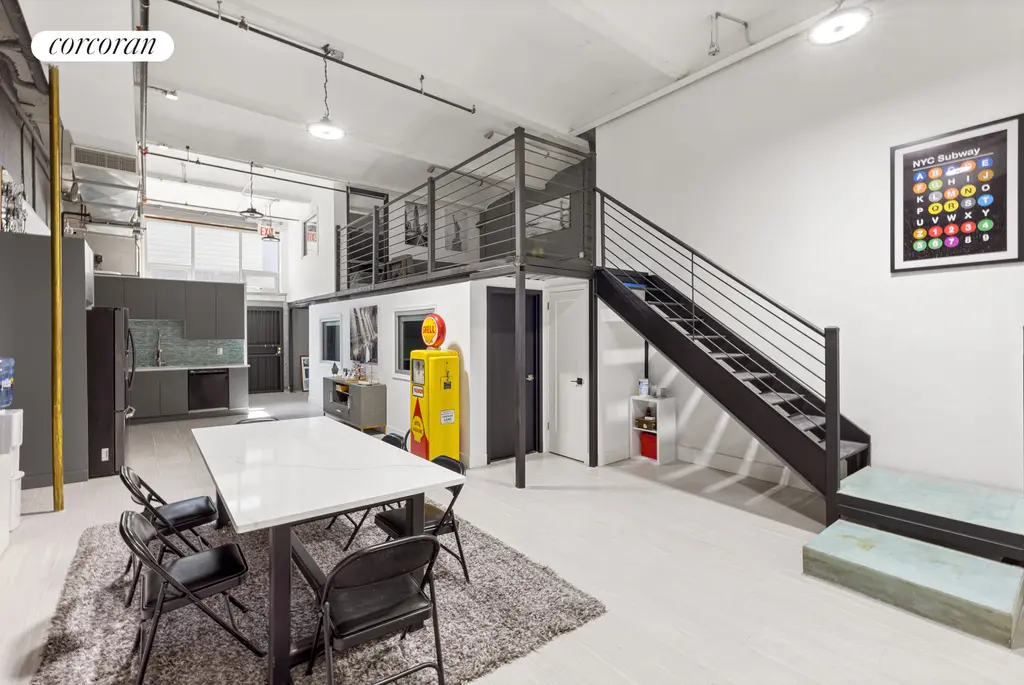
The Williamsburg Firehouse Lofts, #C2 (Corcoran Group)

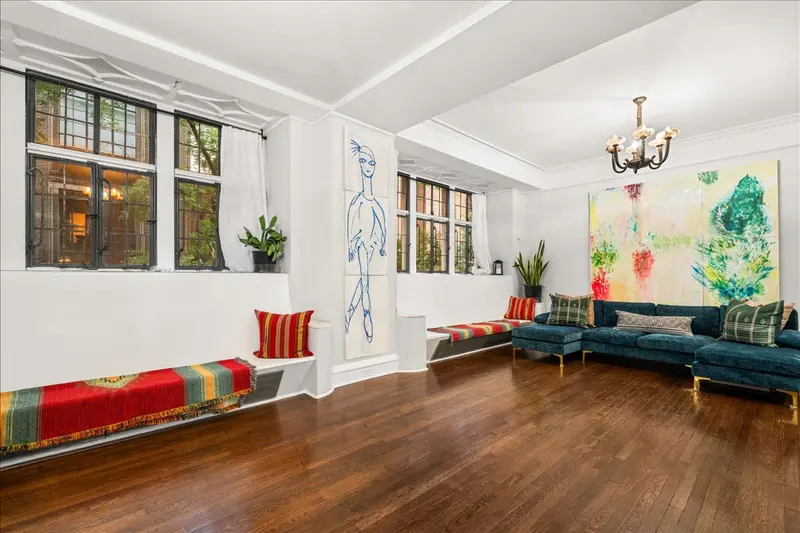
Hotel des Artistes, #2E (Serhant LLC)
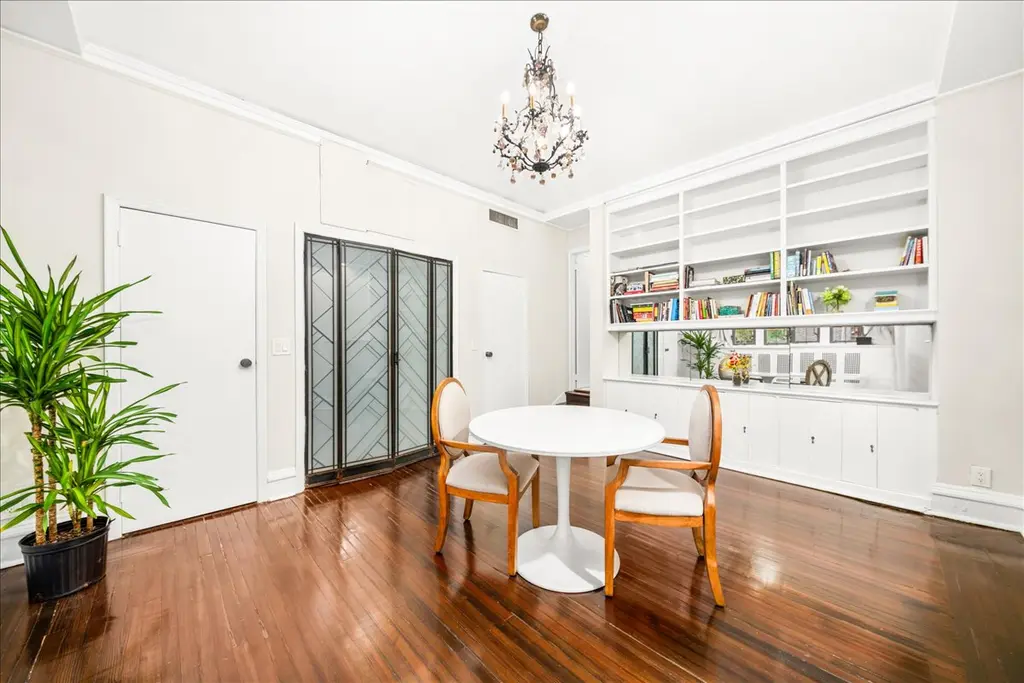

Berry Street Lofts, #1F (Compass)

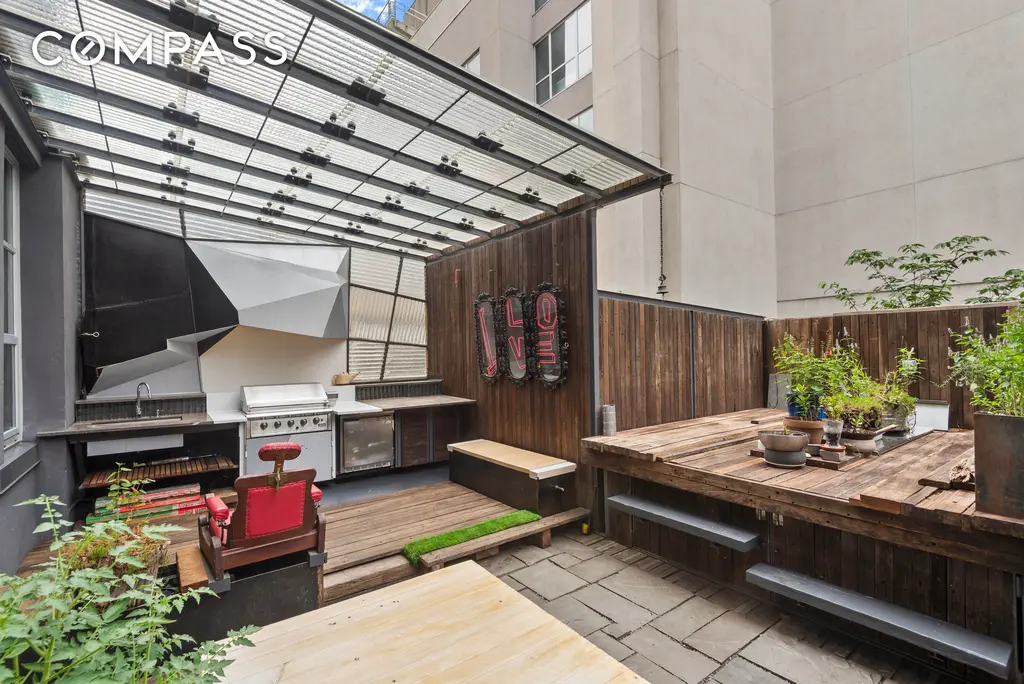
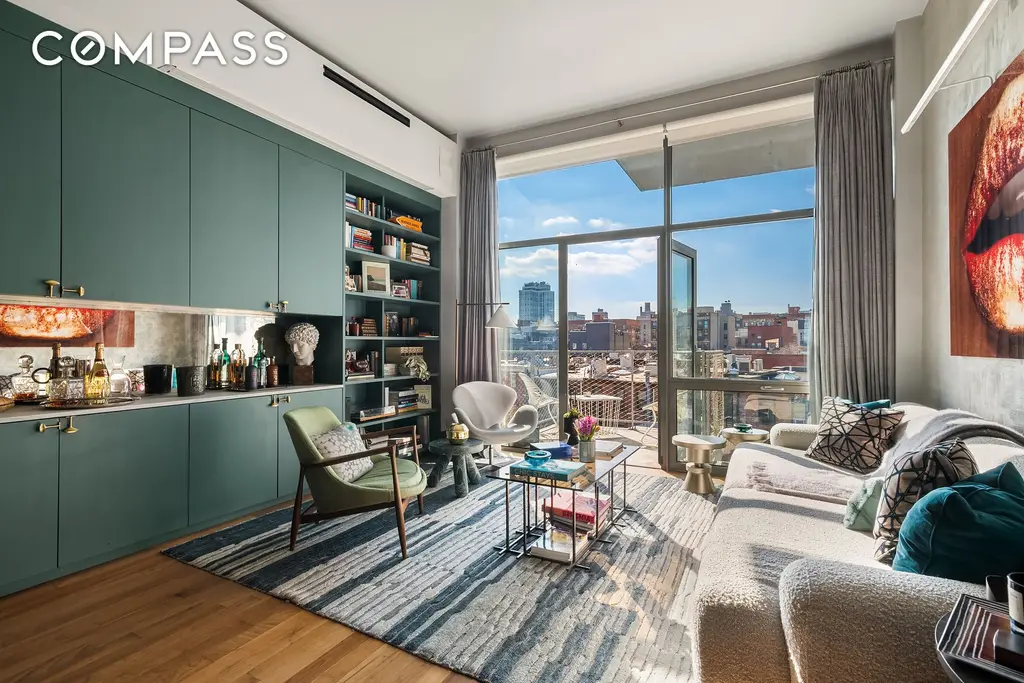
280 Metropolitan Avenue, #5D (Compass)


The Conover, #PHB (Compass)


112 Nevins Street, #TH (Compass)




512 Lorimer Street, #TH
$3,695,000 (-4%)
Williamsburg | Townhouse | 4 Bedrooms, 3.5 Baths | 2,600 ft2

512 Lorimer Street, #TH (Compass)




383 West End Avenue, #TH (Douglas Elliman Real Estate)

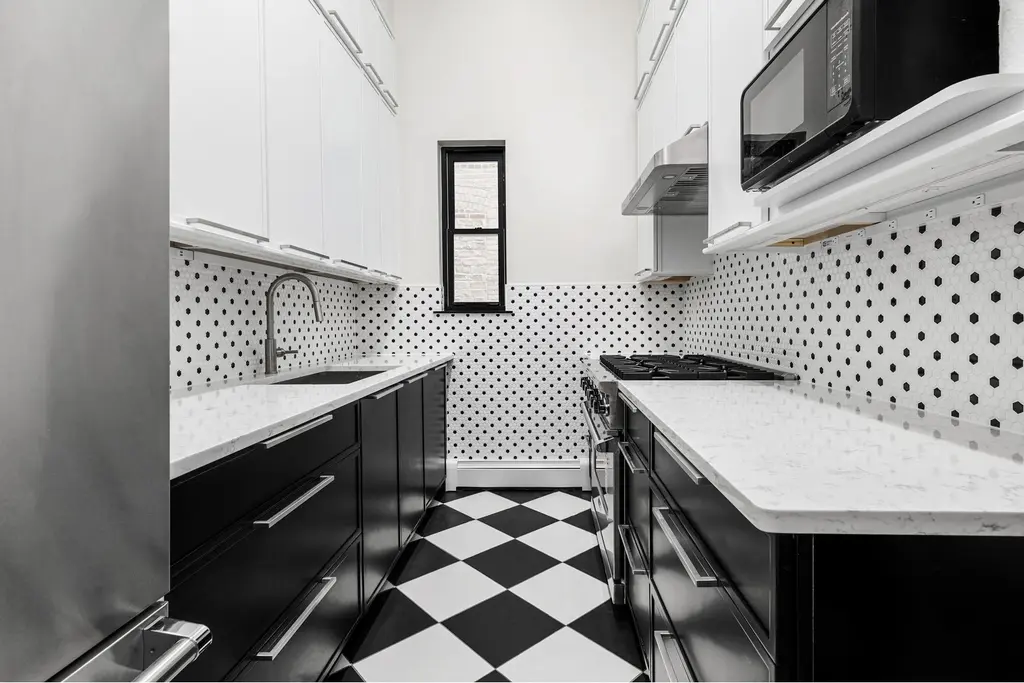


93 Wyckoff Street, #TH (Corcoran Group)





18 Spring Street, #TH (Douglas Elliman Real Estate)
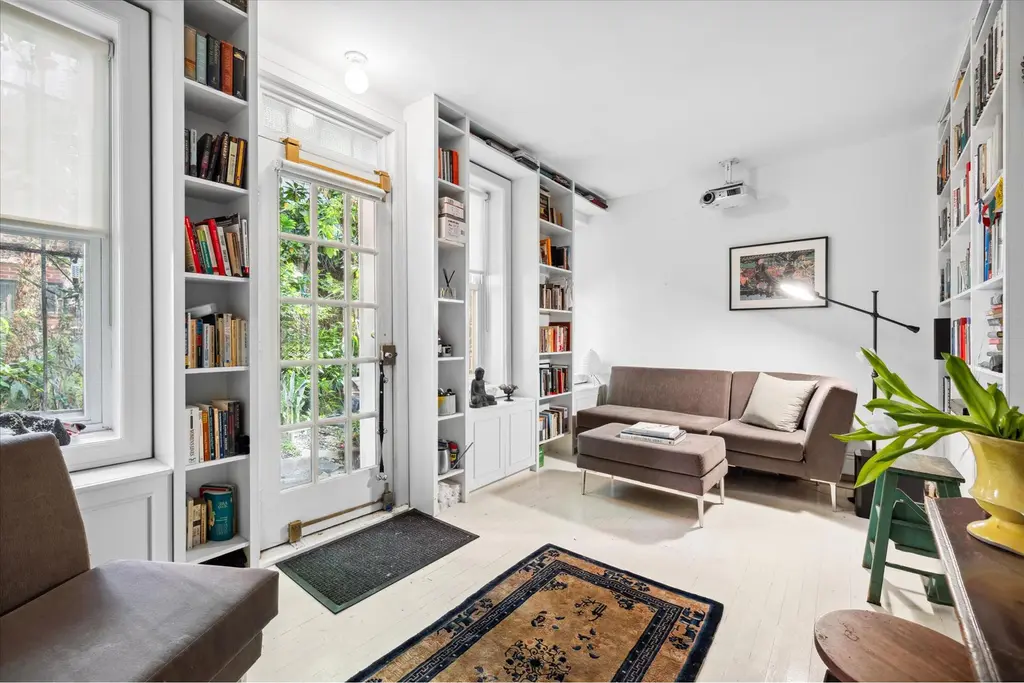
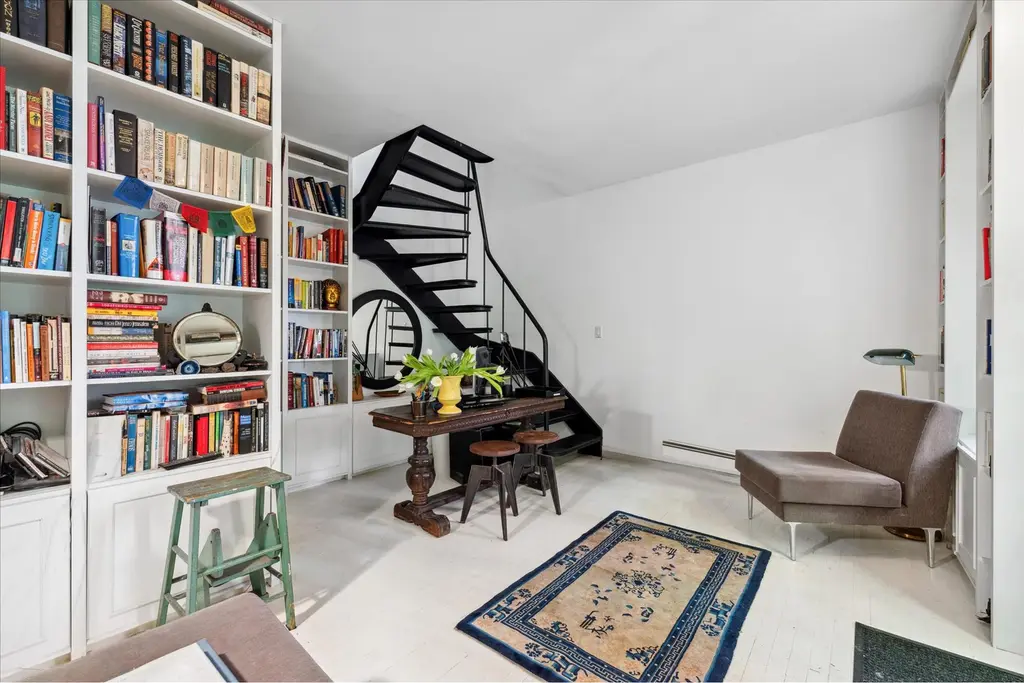
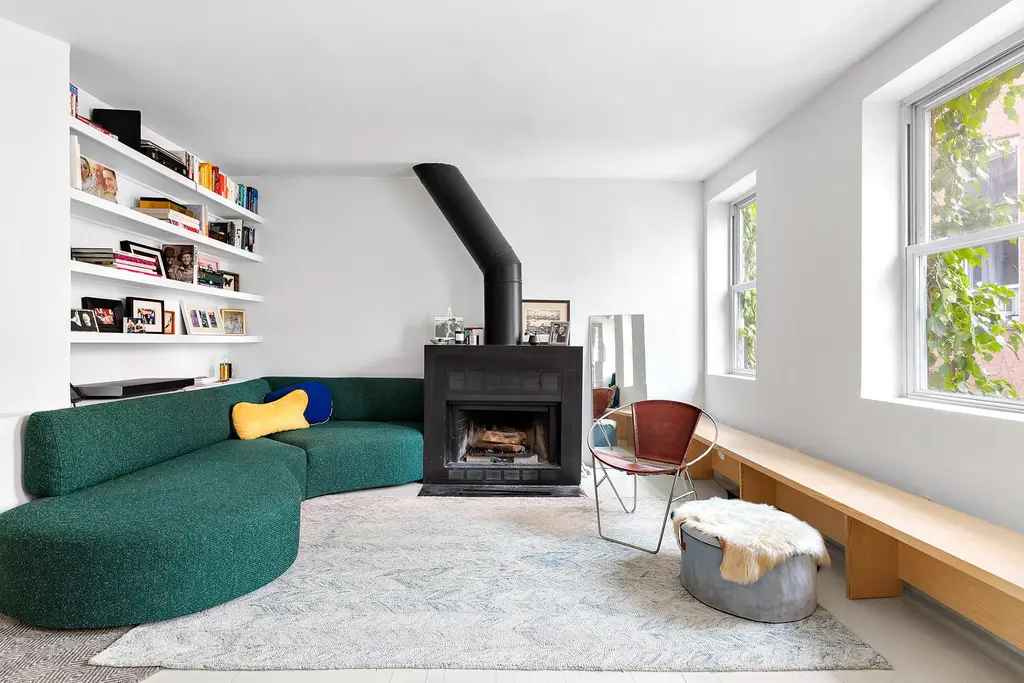

128 East 19th Street, #TH (Sothebys International Realty)


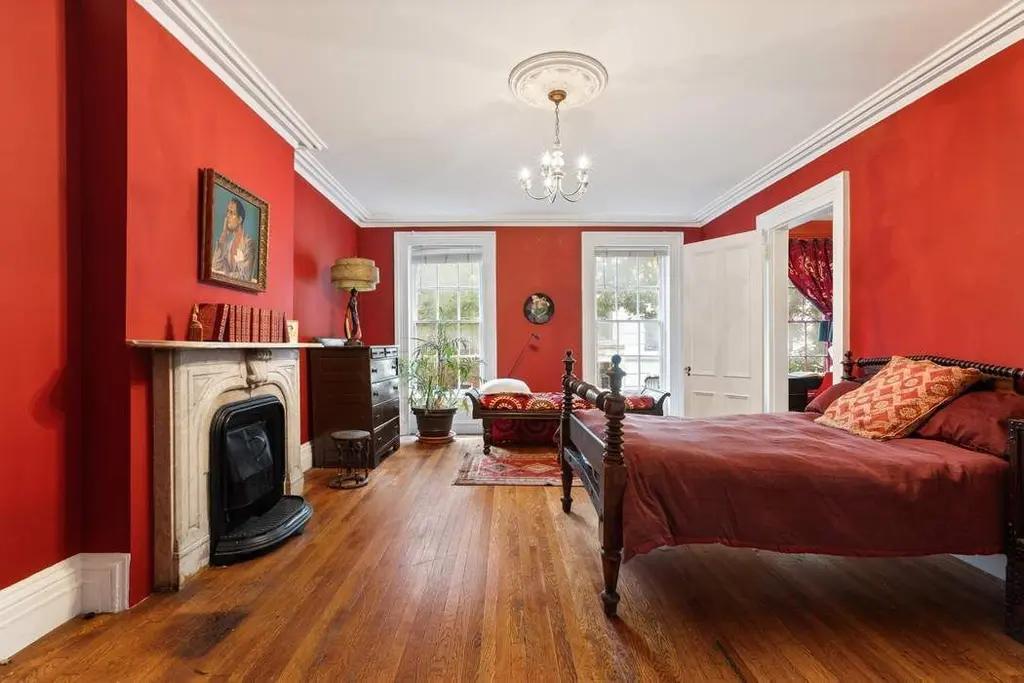


The Siena, #29thFloor (Sothebys International Realty)




245 West 18th Street, #TH (Douglas Elliman Real Estate)



2 Horatio Street, #12G/14G
$14,000,000
West Village | Cooperative | 4 Bedrooms, 4.5 Baths | 3,500 ft2
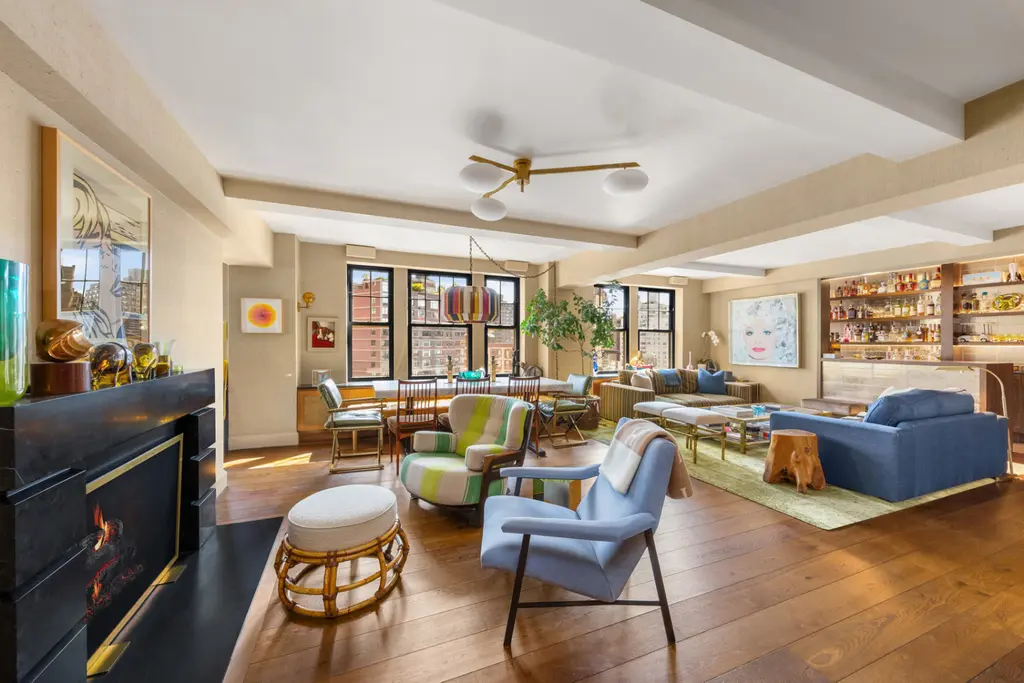
2 Horatio Street, #12G/14G (Serhant LLC)
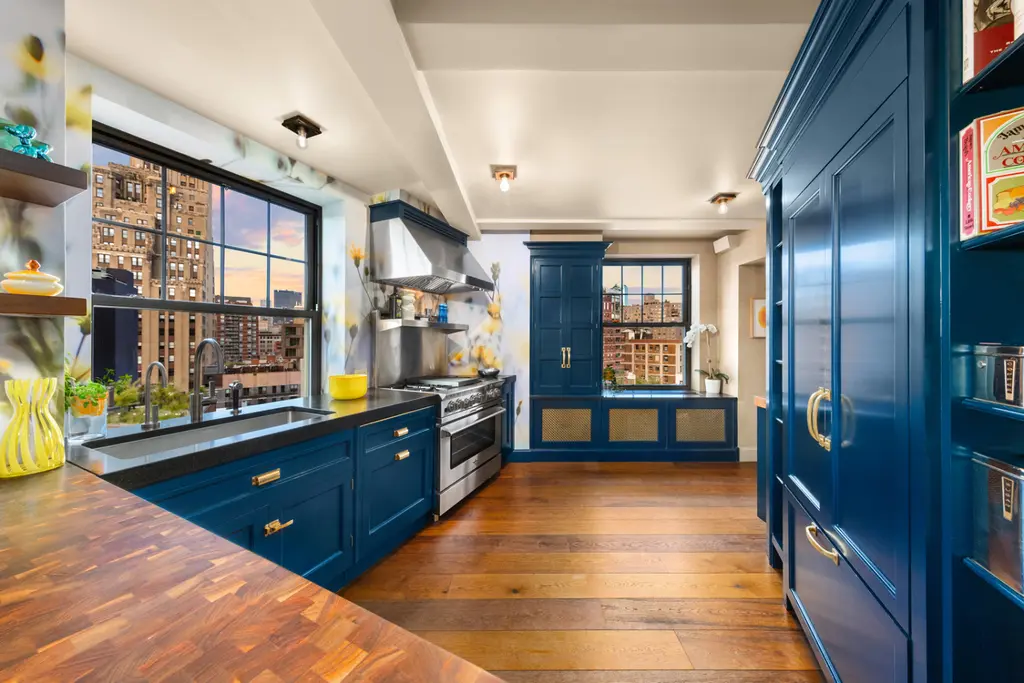

16 Minetta Lane, #TH (Sothebys International Realty)




178 East 75th Street, #TH
$28,000,000 (-25.3%)
Lenox Hill | Townhouse | 5 Bedrooms, 5.5 Baths | 6,600 ft2

178 East 75th Street, #TH (Christies International Real Estate Group LLC)
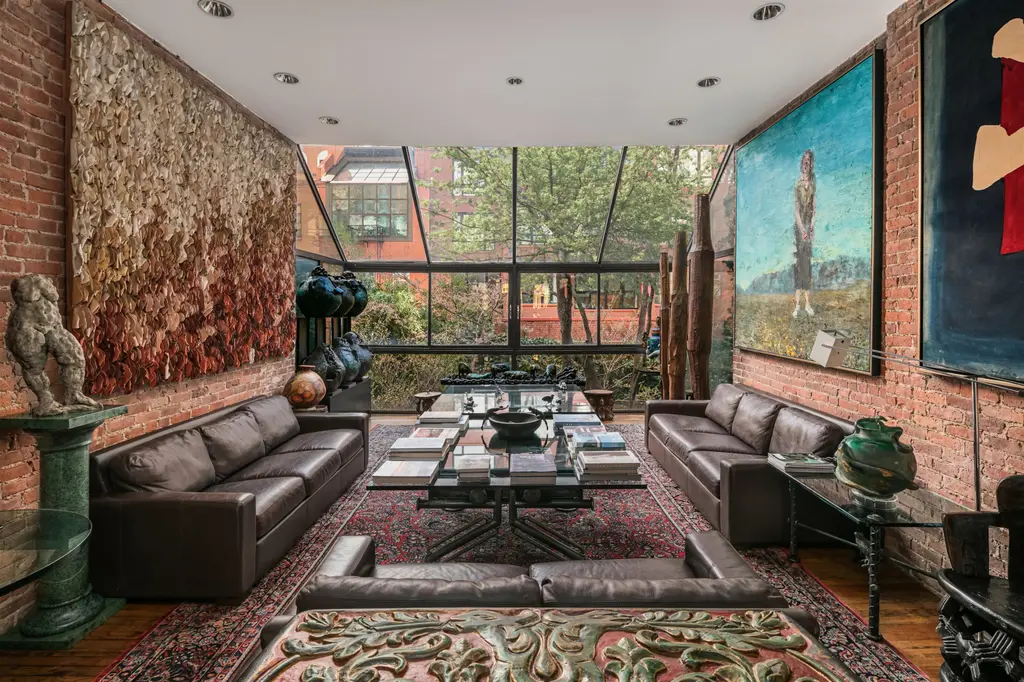
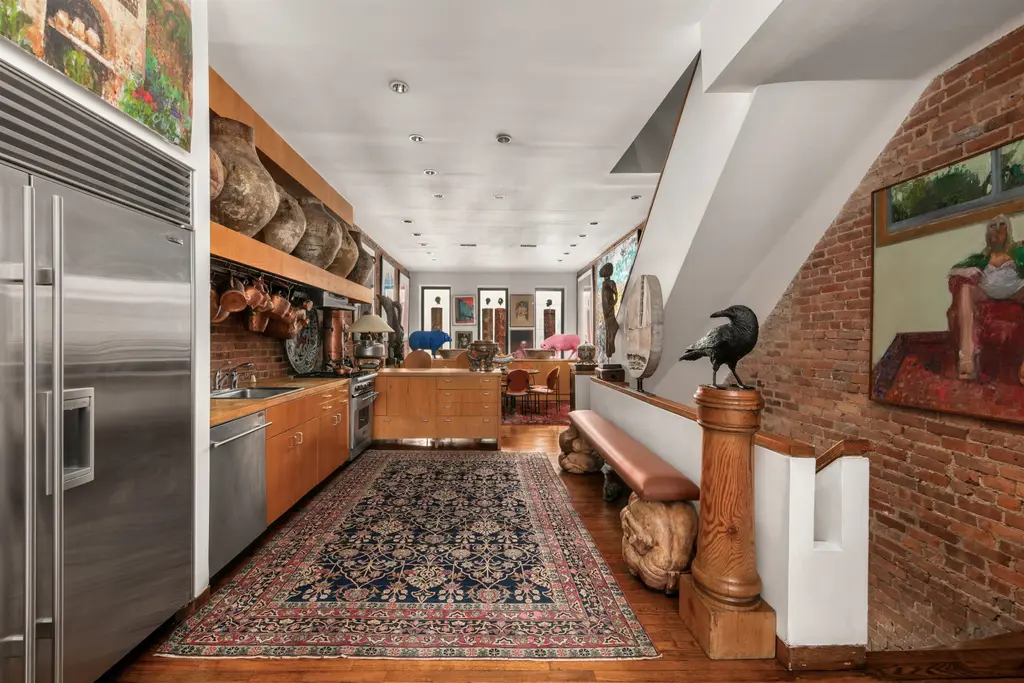


Would you like to tour any of these properties?
Just complete the info below.
Or call us at (212) 755-5544
Would you like to tour any of these properties?

Contributing Writer
Cait Etherington
Cait Etherington has over twenty years of experience working as a journalist and communications consultant. Her articles and reviews have been published in newspapers and magazines across the United States and internationally. An experienced financial writer, Cait is committed to exposing the human side of stories about contemporary business, banking and workplace relations. She also enjoys writing about trends, lifestyles and real estate in New York City where she lives with her family in a cozy apartment on the twentieth floor of a Manhattan high rise.



















 6sqft delivers the latest on real estate, architecture, and design, straight from New York City.
6sqft delivers the latest on real estate, architecture, and design, straight from New York City.
